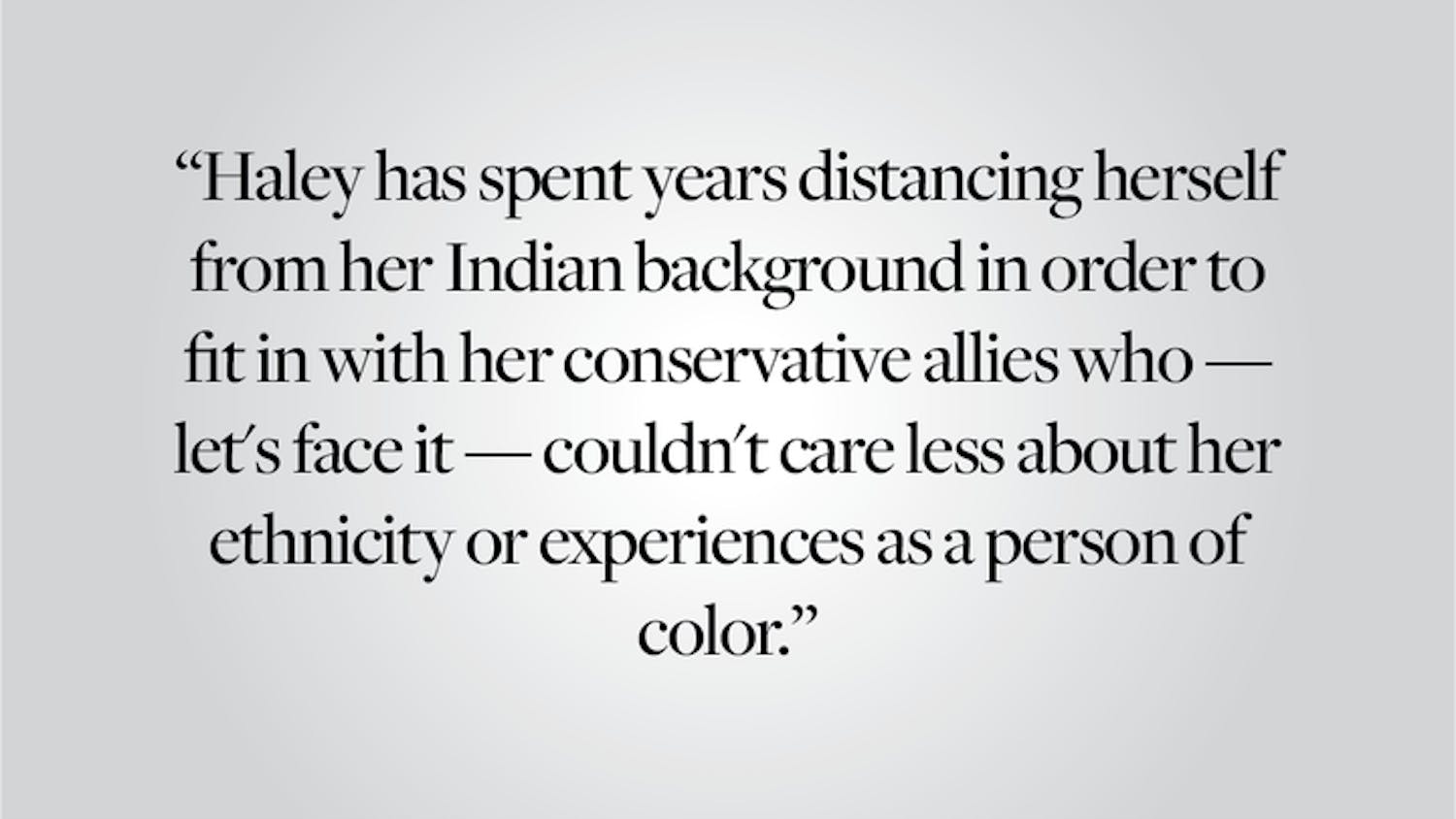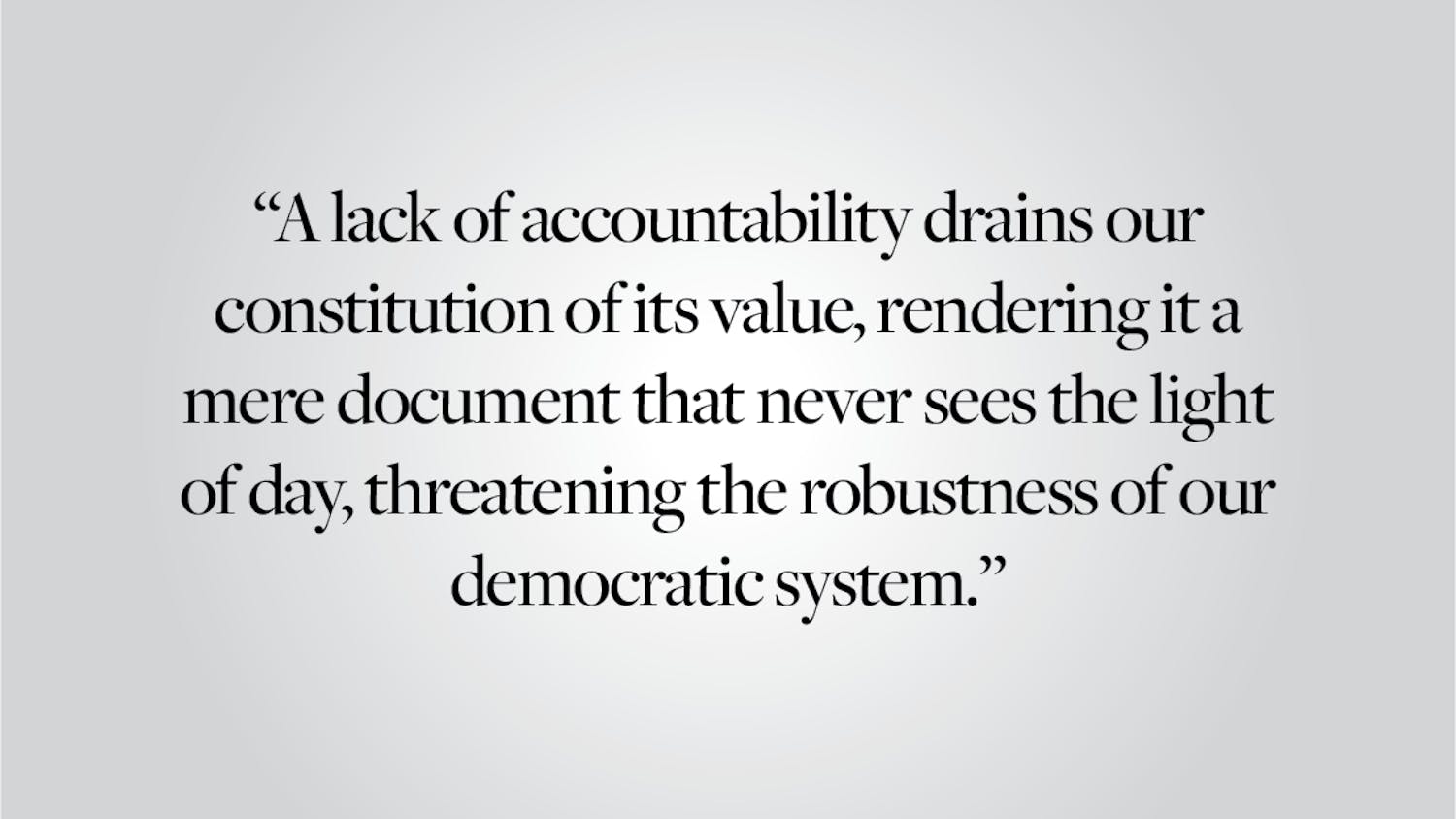Last year, 5.9 million children from around the world died before the age of five from preventable causes. If we go back to 1990, the figure was a staggering 12.7 million children. Much progress has been made since those days, but clearly this is not enough. And these preventable deaths do not only impact children: Many women in under-resourced nations face significant health risks related to childbirth. In certain areas of West Africa, women faced a one in 16 lifetime risk of death due to childbirth-related problems in 2005. Though these numbers seem astonishingly high, the important thing to remember is that there is much we can do to lower these numbers, particularly by supporting improved healthcare access. As a high-resource nation, we have both the opportunity and responsibility to use our resources to prevent these deaths. Countries with fewer resources than us, such as Ethiopia and India, have already taken measures to reduce the number of deaths by setting a unifying goal to end preventable child deaths by 2035 in the Call to Action Summit 2015, co-hosted by the United Nations. This conference outlined strategic shifts in maternal and child health interventions, including increased efforts to reach the most underserved populations in countries that make up the largest shares of under-five mortalities.
We can also foster change to reduce these drastic numbers by having our congressional representatives and senators champion health equity. The U.S. government currently provides $2.9 billion in United States Agency for International Development grants for maternal and child survival. Our representatives and senators need to hold the federal government accountable to ensure that these funds are spent in the most efficient and useful manner to maximize equity and impact.
There is already a bill introduced in Congress that outlines such a plan. In 2015, the Reach Every Mother and Child Act was introduced in the U.S. Senate under the bill number S.1911 by U.S. Sen. Susan Collins, R-ME, and U.S. Sen. Chris Coons, D-DE, and in the U.S. House of Representatives as H.R. 3706 by U.S. Rep. Dave Reichert, R-WA, U.S. Rep. Betty McCollum, D-MN, U.S. Rep. Michael McCaul, R-TX, and U.S. Rep. Barbara Lee, D-CA. This range of sponsors shows that there is clear support for the bill from both parties.
The objective of the bill is to use reforms to design and implement a more efficient and effective approach to maternal and child survival. The act outlines a centralized and coherent strategy to maximize U.S. investments in maternal and child health. The proposed strategy relies on using the number of lives saved and the health levels of the targeted communities as metrics, placing the focus back on the communities themselves. It aims to maximize U.S. investments toward the poorest and most vulnerable populations who are most in need of aid. By recognizing the unique needs of countries and communities through regular needs assessments, increasing the most effective and evidence-based interventions and aligning with existing maternal and child survival plans, the proposal provides much-needed consistency and transparency. It also makes permanent the position of Child and Maternal Survival Coordinator, an employee responsible for forming a 10-year strategic plan and creating innovative funding sources. With these reforms, we can strive to end preventable maternal and child deaths by 2035.
While our Rhode Island representatives — U.S. Rep. David Cicilline ’83, D-RI, and U.S. Rep. James Langevin, D-RI — are co-sponsors for this bill, U.S. Sen. Jack Reed, D-RI, and U.S. Sen. Sheldon Whitehouse, D-RI, are not. We call on our senators to support this cost-efficient and humane bill. Furthermore, we call on Brown University students — and other Rhode Island residents — to write to Cicilline and Langevin to show support, or to write to Reed and Whitehouse to let them know that their constituents want this act passed. Writing a letter requires just a few minutes of time and can make a huge impact on the lives of many around the world. Organizations like United Nations Children’s Fund and Partners in Health Engage provide resources to help you through the writing and engagement process, and even a quick email to politicians can make a difference. As residents of a privileged nation, we must rally together to improve the state of maternal and child health across the world.
There is no reason why this bill should not pass. It requires no additional funding, a common concern that can at times impede necessary reform. The bill merely requires USAID to reconfigure the $2.9 billion in grants for maternal and child survival to maximize equity and impact. We urge community members to act for every mother and child who cannot be reached and for every mother and child who can yet be saved.
Rania Ali ’18 and Taing Nandi Aung ’19 are members of Partners in Health Engage at Brown. They can be reached at rania_ali@brown.edu and taingnandi_aung@brown.edu, respectively.
Please send responses to this opinion to letters@browndailyherald.com and other op-eds to opinions@browndailyherald.com.




